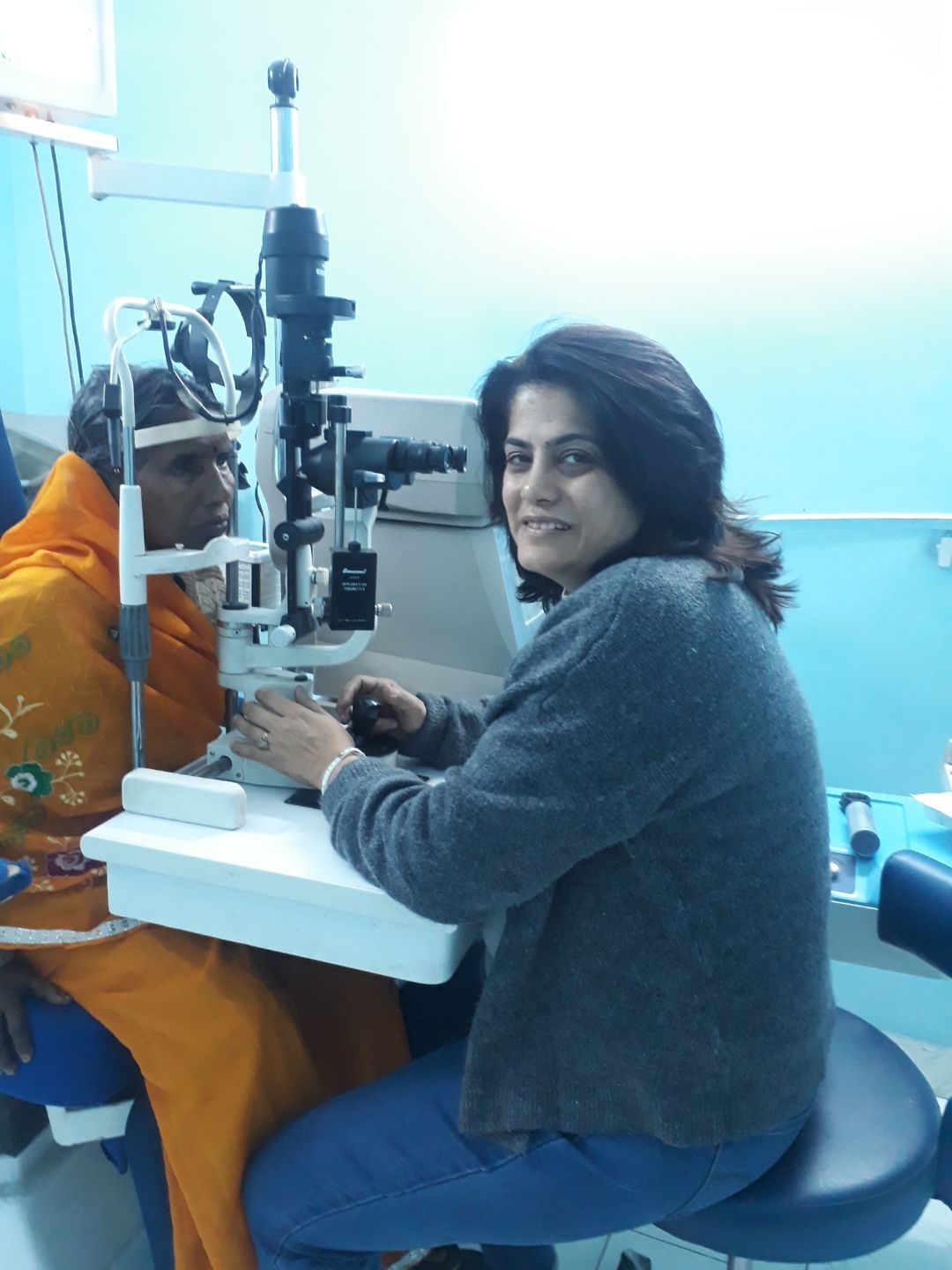Squint Eye Surgery
Schedule your appointment for Squint Eye Surgery. Trust in specialized care for diagnosis, management, and support.
7239+ Best Squint Eye Surgery
Dr. Deepa Kapoor
Dr. Shah Nawaz Shafi
Best Squint Eye Surgery
| Doctor's Name | Clinic Fees | Lybrate Ratings |
|---|---|---|
| Deepa Kapoor | ₹ 600 | 92 |
| Shah Nawaz Shafi | ₹ 300 | 89 |
Patient reviews for Squint Eye Surgery
Frequently Asked Questions
Is squint surgery covered under insurance?
The coverage of squint eye surgery by insurance can vary depending on your insurance provider, policy, and the medical necessity of the surgery. Some insurance plans may cover squint surgery if it is deemed medically necessary to correct vision issues or other health problems. It's crucial to check with your insurance company to understand the specifics of the coverage and whether squint surgery is included. You may also need a doctor's recommendation to verify the medical necessity of the procedure for insurance purposes.
Is there pain after squint eye operation?
There will be some discomfort and blurred vision in the eye for at least a few days after squint eye operation, but not so much that you'll not be able to function around the home. Your eye may be irritated and swollen. Therefore, it is always better to take a week out of work.
How can I book an appointment with Pristyn Care’s eye specialists?
To book an appointment with Pristyn Care’s eye specialists, call us directly or fill out the appointment form. Our representatives will contact you and schedule an appointment for you.
Does age affect the success rate of squint eye treatment?
Sometimes, age can affect the success rate of squint eye treatment. For instance, squint treatment is more effective at an early age. With age, the condition will become more prominent and the eyes will take longer to function together.
Is strabismus surgery the only treatment option for a crossed eye?
Strabismus surgery is one of the treatment options for crossed eyes. However, it is not the only option, and the choice of treatment depends on the individual's specific circumstances. Other treatment options for strabismus may include vision therapy, eyeglasses or contact lenses, patching, prisms, etc. Strabismus surgery is generally considered when these non-surgical treatments are ineffective or when the strabismus is severe and unlikely to be corrected by other means.
What are the types of squint?
Some common types of squint include paralytic squint, concomitant squint, convergent squint, esotropia, exotropia, nonparalytic squint, and restrictive squint. Each type of squint may need a different approach to treatment, which can include eye exercises, eyeglasses, vision therapy, patching, or surgical correction.
Will I require multiple squint surgeries to correct crossed eyes?
In 95% cases, the results of squint eye surgery are permanent. However, in some rare chances, the individual might have to go for additional surgery if the squint eye symptoms are not corrected.
What are the causes of squint eyes?
Here are some common causes of squint eye:
- Refractive errors such as nearsightedness (myopia), farsightedness (hyperopia), or astigmatism
- Trauma or injury to the eye or surrounding area
- Vision obstruction
- Amblyopia
- Muscle imbalance
- Nerve problems
How to manage squint eyes?
To prevent squinting, consider these strategies:
- Schedule frequent eye exams to detect and address vision problems early.
- If you have a prescription for glasses or contact lenses, wear them as advised by your eye care expert.
- Wear sunglasses with UV protection to protect your eyes from harmful sun rays.
- Take regular breaks when using digital devices to reduce eye strain.
- Practice eye exercises to strengthen eye muscles and enhance focus.
- Drink enough water to maintain proper eye moisture.
What is the success rate of squint eye surgery?
With advanced treatment modalities and surgical procedures, the success rate of squint eye surgery is up to 95%. Squint eye surgery has a high success rate, with most patients attaining improved eye alignment and enhanced visual function. Nonetheless, the procedure's success depends on various factors, including the type and severity of the squint, the patient's age, and the condition's underlying causes. The experience and expertise of the surgeon are important in ensuring a successful result. Furthermore, patients need to have realistic expectations and maintain regular follow-up visits to ensure long-term success. In some cases, additional procedures or follow-up treatments may be required to optimize the results.
How long is the squint eye surgery recovery time?
The squint eye surgery recovery time is usually around 3 to 12 weeks. During this healing period, the eye and the muscles controlling the eye movements change, resulting in specific symptoms that might cause discomfort in patients. During squint surgery recovery time, maximum rest is given to the eyes so that they recover and heal soon.


